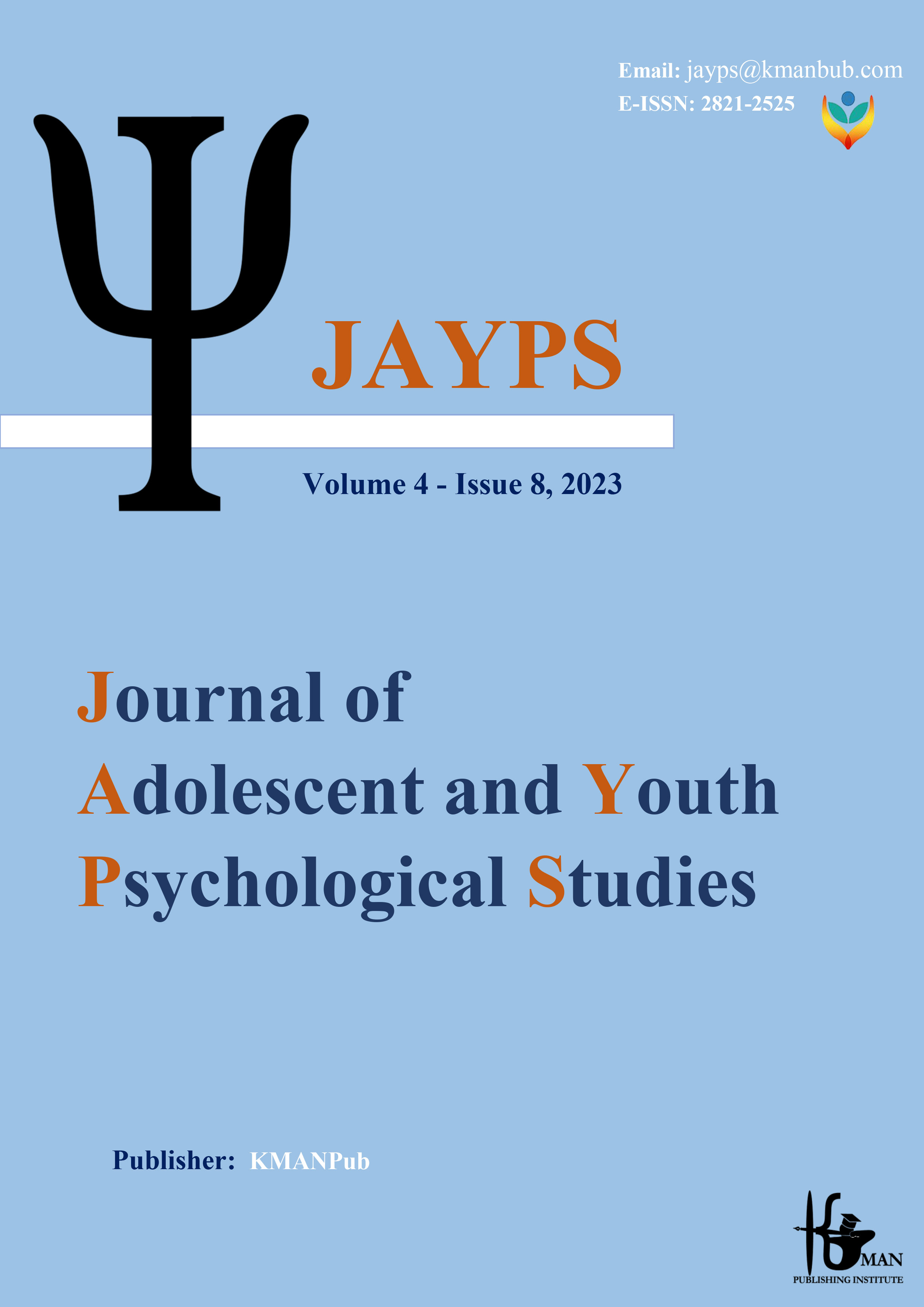The effectiveness of mindfulness training on academic adjustment, academic anxiety and academic hope of students
Keywords:
Mindfulness, Academic Adjustment, Academic Hope, Academic AnxietyAbstract
Background and Aim: One of the most common problems that coaches and teachers face in schools and educational environments in relation to students is the issue of adaptation and how to adapt students. Middle school period is the transition period to university level and adaptation in this period plays an essential role in the activities and academic progress of students. Therefore, the main goal of the current research was to increase the level of academic adaptation and academic hope and reduce students' academic anxiety by using mindfulness training. Methods : The current research was a semi-experimental design with a pre-test-post-test and a control group. The statistical population of this research included all female students of Bushehr city in the academic year of 2022-2023. In order to select the sample in the first stage, after obtaining the necessary permission from Bushehr Education and choosing a high school, with the available sampling method, 50 students were selected from among the applicants to participate in the training sessions, and from this number, according to the criteria entering and exiting the research as well as other reasons (such as the opinion of administrators, teachers, and counselors regarding the student's academic incompatibility and emphasis on the presence of these students in the meetings, non-cooperation of the participants) out of this number, 40 people remained who were randomly divided into two groups experimental and control groups were placed. The experimental and control groups responded to the research tool questionnaires in three stages: pre-test, post-test and follow-up. The experimental group received 8 45-minute sessions of training. Follow-up answered Sinha and Singh's AISS (1993) academic adjustment questionnaire and Pekrun et al.'s AEQ (2002) academic emotions questionnaire Results: The results of multivariate covariance analysis showed that mindfulness training has a significant effect on increasing academic adaptation and educational hope and reducing students' academic anxiety. Conclusion: It is concluded that having mindfulness in educational situations causes positive changes in education and educational environments at an optimal level. In relation to these results, it can be said that the training program has been effective because in this program, the participants' awareness and attention without judgment were improved and they faced challenges with self-acceptance and reduced reactivity. By considering this model, school counselors can affect the academic adaptation and educational hope and reduce the academic anxiety of students.
Downloads
Downloads
Published
Submitted
Revised
Accepted
Issue
Section
License

This work is licensed under a Creative Commons Attribution-NonCommercial 4.0 International License.









